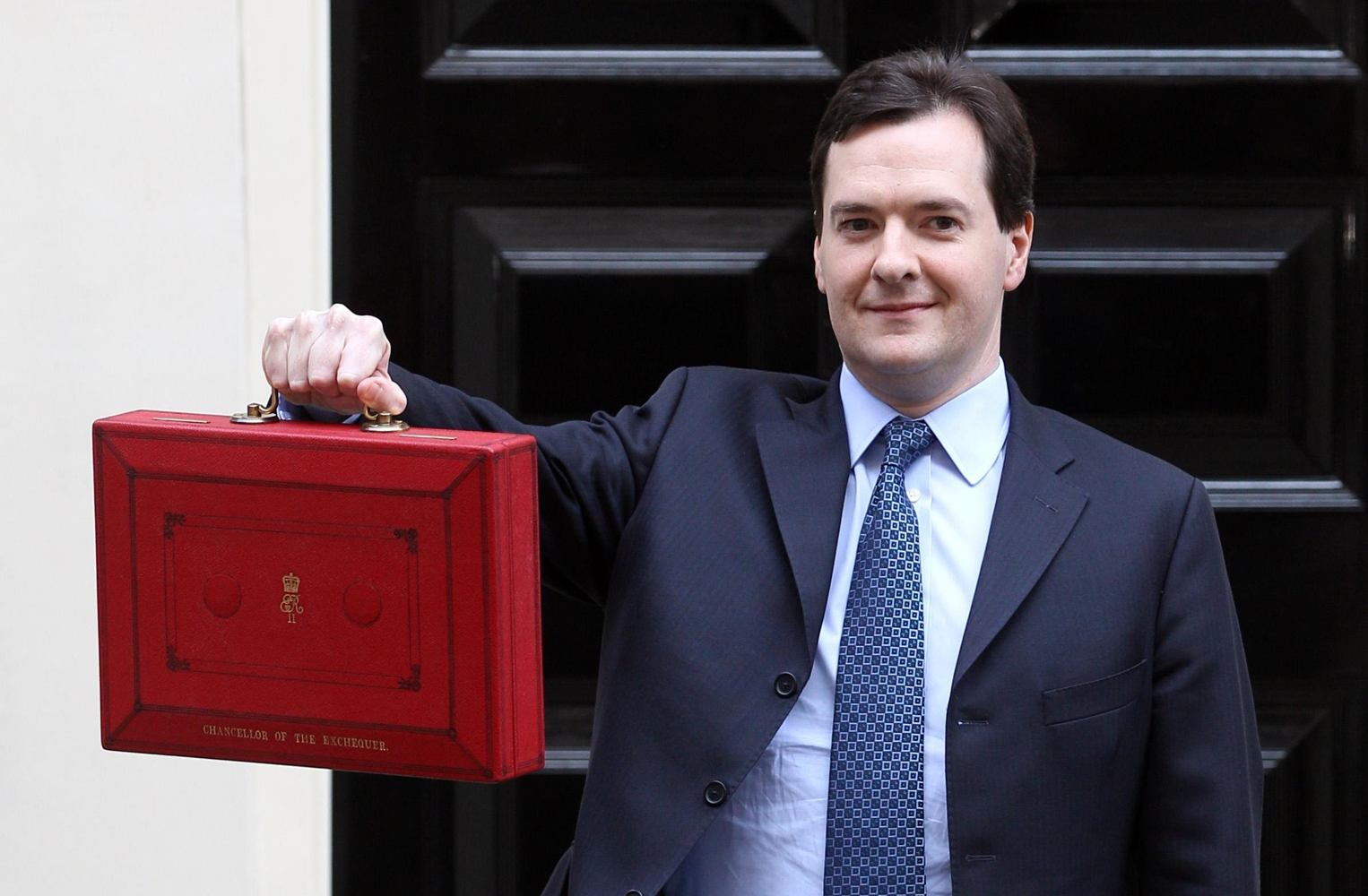News
Budget 2016 predictions: what to expect

Guest Author:
Paloma KubiakChancellor George Osborne is set to deliver his Budget speech on Wednesday. Here’s a list of predictions from the experts.
Salary sacrifice
The chancellor could impose restrictions on salary sacrifice. This is where an individual makes a pension contribution through their employer and as a result, the contribution can be paid gross into the pension. The National Insurance which would have been paid by the employer could also be invested into the pension, which means the employee receives a greater benefit. For higher net worth individuals, salary sacrifice can be used to give up bonuses for generous pension contributions, meaning the wealthy benefit disproportionately to the rest of society.
By removing salary sacrifice for NI contributions for higher earners and instead bringing in a flat rate of tax relief, this could prove popular with the wider public. But according to Adrian Lowcock, head of investing at AXA Self Investor it “will not be well received by companies as it will require considerable administrative changes and add additional costs to the business”.
Annual allowance
The annual allowance – the amount savers can put into their pension each year tax free – could be cut further. It has already been capped at £40,000 but David Smith of advisory firm Tilney Bestinvest says it could go down to £30,000. The Tapered Annual Allowance, the restriction on the amount of pension savings for the highest earners, could see the threshold of earnings above which it is implemented reduced from £150,000 to say £100,000.

Why Life Insurance Still Matters – Even During a Cost-of-Living Crisis
Sponsored by Post Office
Lifetime allowance
We already know that the lifetime allowance (LTA) will fall from £1.25m to £1m in April, meaning a decrease in the maximum amount savers can hold in pension savings without facing a massive tax bill. But the LTA could be cut further.
Income tax
The personal allowance – the amount of income you don’t have to pay any tax on – is set to rise to £11,000 in April from £10,600. The chancellor could well increase it again as it has proved to be a popular policy and it is the government’s intention to take more lower income earners out of paying tax altogether. The government’s objective this term is to have a personal allowance of £12,500.
Cutting the highest rate of income tax from 50% to 45% actually boosted the Treasury coffers, although much of this has been attributed to deferred bonus payments. Lowcock says we could see the level at which higher rate tax is charged raised to take more people out of the 40% tax band. The government’s intent is that people with incomes below £50,000 should not pay higher rate income tax.
Merging National Insurance & Income Tax
The Office for Tax Simplification has recently published a report calling for a closer alignment of income tax and national insurance. According to the Centre for Policy Studies, the chancellor could set out a clear pathway to achieve the eventual merging of these two taxes.
According to Smith, many have called for this proposal in order to simplify an “antiquated personal tax regime”.
“Whilst the Chancellor may cite this as a principal reason, rest assured it will serve no other purpose than to unshackle his self-imposed ban on increasing Income Tax and National Insurance during this Parliament,” says Smith.
“A new singular rate; 33-35% for Basic rate taxpayers and 43-45% Higher rate taxpayers could be introduced. Effective savings on National Insurance contributions up to the Personal Allowance would be hailed as a good thing for the lower paid, but it would no doubt create significant earnings for the State in the long run.”
ISAs
The ISA allowance is £15,240 and we already know this won’t change from 6 April. The chancellor introduced Help to Buy ISAs in December and the Innovative Finance ISA is due to come in on 6 April meaning it is unlikely there’ll be anything happening with ISAs. Lowcock says we may see an improvement on the rules of the inherited ISA where a surviving spouse inherits the ISA allowance but the process of doing so is “unnecessarily complex”.
More detail on Stamp Duty Land Tax surcharge
The government announced plans last year to implement a 3% Stamp Duty levy on second homes, which will include buy-to-let purchases. While Osborne said the move was to create ‘a nation of homeowners’, the Council of Mortgage Lenders said there was a ‘perverse risk’ that the Stamp Duty increase could cause landlords to charge higher rents, in turn making it more difficult for tenants to save a deposit for a home of their own. Osborne is expected to announce further details of these changes in his Budget.